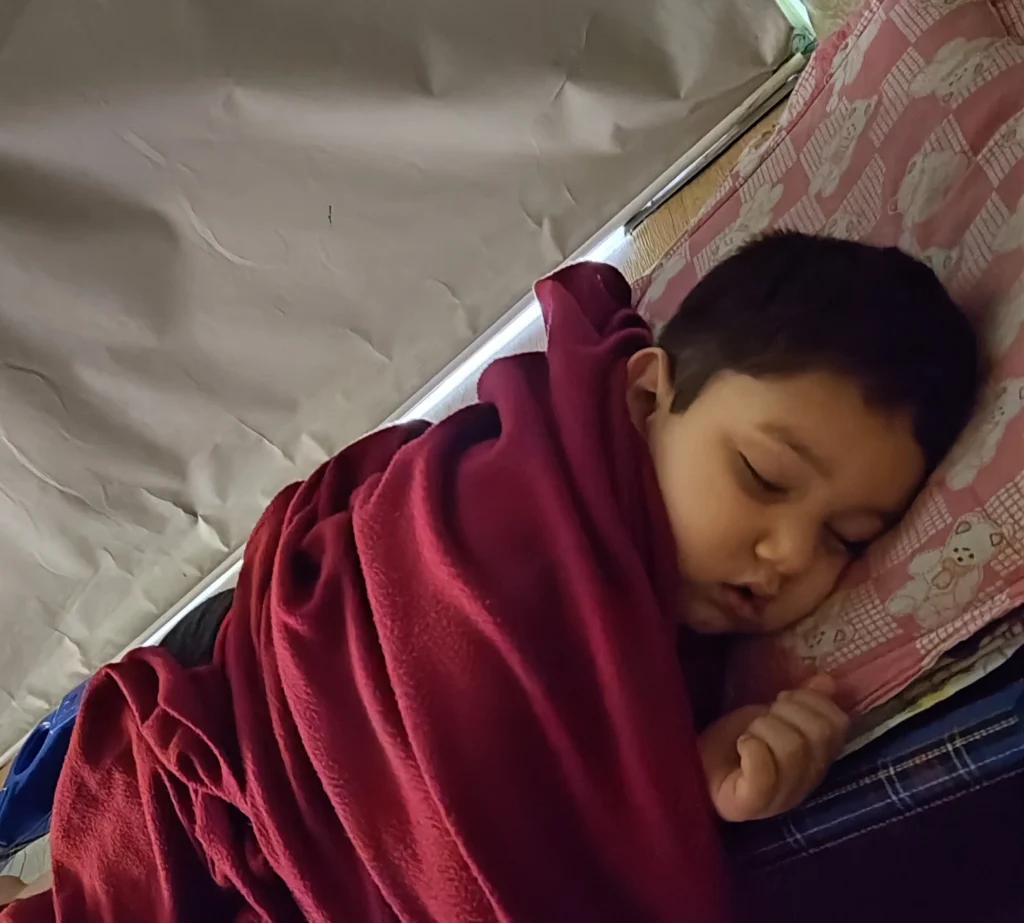Teens are sleeping less than they used to, and it’s not only due to screen time or academic pressure. Teenagers’ brains are wired differently, according to growing sleep science studies, and their natural biological changes cause them to have varied sleep patterns. Teens naturally fall asleep and wake up later due to this “sleep phase delay,” but most school timetables and social norms do not account for this. The repercussions extend beyond simply waking up feeling sleepy.
According to recent research, adolescents who don’t get enough sleep have mood swings, poor decision-making, learning difficulties, and potentially long-term mental health issues. Parents, educators, and legislators who want to raise healthier, more productive teenagers must have a solid understanding of the science behind sleep.
The Sleep Cycle of Teens
The circadian rhythm, the body’s internal biological clock that controls wakefulness and sleep, varies significantly during adolescence. Teenagers release melatonin, the hormone that causes us to feel tired, later at night than do adults or children. Teens find it challenging to go to sleep early, despite their best efforts, because of this. Unfortunately, they frequently have to wake up before their bodies are ready due to early school start times, which results in chronic sleep deprivation.
Teenagers should aim for 8 to 10 hours of sleep every night, according to experts. However, research indicates that the majority of teenagers are receiving significantly less, frequently just 6 to 7 hours on school nights. Over time, this sleep debt builds up and affects almost every facet of a teen’s life.
Sleep Deprivation’s Effects on Teens’ Behaviour and Cognitive Function:
- The prefrontal cortex, which governs impulse control, emotional regulation, and decision-making, is weakened by sleep deprivation. Teens become more impulsive as a result, and they are less able to weigh risks or consider the repercussions.
- Enhanced Propensity for Risk-Taking:
Poor sleep is strongly linked to activities like substance addiction, careless driving, and risky sexual conduct, according to studies. Lack of sleep reduces inhibition, which makes it more likely that one will engage in risky behaviour.
- Reduced Academic Achievement:
Teens who are exhausted have trouble focusing, paying attention, and remembering things. They struggle to stay focused in class, remember new material, and tackle challenging issues.
- Increased Instability of Emotions:
Low frustration tolerance, mood swings, and irritability are all influenced by sleep deprivation. Adolescents who experience chronic fatigue are more likely to experience anxiety and sadness.
- Long-Term Hazards to Mental Health:
Long-term emotional and psychological harm can result from sleep deprivation. Chronic sleep deprivation throughout adolescence has been linked in studies to a higher risk of mental health issues in later life.
Teen Sleep Disrupted by Lifestyle and Technology Factors
- Disruption due to Blue light – Blue light from screens postpones the production of melatonin, the hormone that causes drowsiness. Teens find it more difficult to go to sleep at a decent hour as a result, even if they are exhausted.

- Overstimulation by Digital Devices:
The brain is kept engaged and active by late-night gaming or scrolling, which stops it from winding down on its own. Teens find it difficult to disconnect from social media because it fosters a “fear of missing out.”
- Unreliable Sleep Schedules:
Different sleep routines throw off the body’s circadian cycle, which is particularly problematic on the weekends. Teenagers find it more difficult to consistently go to sleep and wake up because of this discrepancy.
- Overload in Extracurricular and Academic Activities:
Exams, homework, and extracurricular events frequently take place late at night, leaving little time for relaxation. Teenagers find it difficult to unwind sufficiently to get a good night’s sleep due to stress and performance pressure.
- Solutions Using Community and Lifestyle Support:
By establishing regular sleep schedules and restricting screen time at night, parents may encourage healthy habits. By implementing sleep education into wellness initiatives and modifying early start times, schools can assist students. Public health initiatives and workshops can raise awareness of sleep science in local communities.
Sleep is a biological requirement rather than a luxury, particularly for teenagers whose bodies and brains are developing quickly. Recent studies unequivocally demonstrate that teens’ conduct, emotional well-being, academic achievement, and decision-making are all significantly impacted by sleep deprivation.
The need for significant action is growing along with awareness of sleep science. From modifying school regulations to encouraging better tech practices, society has to start emphasising sleep as a vital component of adolescent health. Ultimately, making an investment in a restful night’s sleep now may result in a healthier and more promising future for the next generation.
Vega Schools offers holistic education to children in Delhi NCR and is rated among the top Schools in Gurgaon. Its modern infrastructure, facilities, and experienced teachers are a big asset to the learning & development of students, be it for Nursery, Primary or Senior children making Vega Schools the best schools in Gurgaon. For information about admission please visit the Vega Schools campuses in Sector 48 and Sector 76 Gurugram.
